If you’re like most people, coffee is a daily habit for you. You might buy it from a coffee shop, or you might make it at home. If you make it at home, you have the choice of brewing it in a single serve machine such as a Tassimo or Keurig, or brewing it the more old fashioned way in a coffee maker. To use a coffee maker, you obviously place coffee grounds in a coffee filter, then let the coffee maker do its thing. If you are used to throwing the coffee grounds into the garbage after making coffee, it’s time to think again. Coffee grounds are useful for a variety of different applications in the garden. If you have a garden, it’s time to stop wasting your coffee grounds.
In an effort to reduce waste and improve your garden at the same time, you need to start recycling your coffee grounds. For best results, use them when they are fresh. Once they start to ferment, they will not only be unpleasant to deal with, but also less effective. Mouldy coffee grounds are a breeding ground for bacteria you don’t want in your garden, so don’t use those. Once you figure out the how, and why you want to amend your garden with coffee grounds you’ll never throw out coffee grounds and filters again.
Coffee Grounds for Compost
Coffee grounds are organic matter, and contain a lot of nitrogen. Since compost needs plenty of nitrogen to break down the other organic matter you add, dumping your coffee grounds (and the filter if it’s decomposable) into the compost is a much better choice than throwing them in the garbage.
Don’t get carried away though, because if you add too many coffee grounds and not enough organic green matter to balance them out, you may create yourself a problem. Usually up to 25% coffee grounds it okay, and most households won’t even come close to that amount.
If you are building a new compost heap, place the coffee grounds in the heap in layers. Make a small pile of leaves, grass clippings, or even shredded newspaper, then layer in about half an inch of coffee grounds. Follow with more green matter. After a period of time, you’ll have rich compost ready to add to your garden.
Top Dressing Your Soil With Coffee Grounds
Plants that love acid, such as blueberries, currants, and roses, will love having coffee grounds for a top dress mulch. When you have collected your coffee grounds, layer them over the soil. About a quarter-inch is sufficient because more may create mould. Earthworms and soil bacteria will come to the surface and help the coffee grounds decompose into valuable nutrients for your garden.
To avoid any smell as the coffee grounds decompose, you can mix them into the topsoil. If you are going to till the grounds into the soil, it’s ideal to till them to a depth of 6-8 inches, but if plants are already present in the garden, it’s preferable to just mix them with the immediate topsoil. This way, you won’t disturb the root structures and set your plants back.
If you can manage to obtain a lot of coffee grounds all at once prior to planting, spread them all over the garden, then till them in with a rototiller to make it easier for you.
In addition to the nitrogen already mentioned, coffee grounds also contain sugar, copper, magnesium, calcium, and various carbohydrates. As already mentioned, coffee grounds are slightly acidic, but they won’t increase the soil acidity to any extreme. If soil acidity is a concern, test the soil on a regular basis to ensure it stays at a reasonable level.
If you’d like a hard and fast number, aim for no more than 6lbs of coffee grounds per 100 square feet of garden.
Caffeinated Pest Control
Soft bugs, like slugs, typically don’t like to crawl over sharp stuff. Coffee grounds are fairly sharp, and will deter bugs like that from crawling into your garden if you sprinkle a trail of coffee grounds around it. Snails, and many other bugs will find the coffee grounds too acidic, and will also avoid your garden. Caffeine is also poisonous to some slugs, so if you pour a trail around your individual tomato plants, they’ll supply nitrogen to the plants, and help slugs and snails from damaging your tomatoes. Experts assume that the smell is also unpleasant to the bugs, which also helps encourage them to go elsewhere.
Rabbits and squirrels may also be deterred by the smell, and possibly taste of coffee grounds, so sprinkling some around your lettuce, peas, beets, or other greens may be helpful.
Homemade Fertilizer
Half a cup of coffee grounds mixed in a gallon of water makes a great liquid fertilizer for your plants, whether they grow in the garden or in pots. Pour the mixture close to the base of the plants you want to fertilize. They’ll be able to take advantage of the leftover nitrogen in the coffee grounds.
If you use this fertilizer on potted plants, use it sparingly because the soluble salts in the coffee grounds can build up in the pot and be harmful to the plants in large quantities.
Kill Fungus the Natural Way
Fungus such as fusarium, pythium, and sclerontinia, can wreck havoc on the root systems and even above ground parts of your plants. Coffee grounds contain natural substances that reduce the effects of fungus on your plants.
The ability to use the natural effects of coffee grounds is preferable to using something toxic on your garden, especially if you are growing food in your garden.
Growing Earthworms on Coffee
If you’ve ever wanted to have a vermicompost bin, or ‘worm farm’, now is your chance. There is plenty of information online about how to start a worm bin. Once it is established, you can start adding about a coffee pot’s worth of coffee grounds each day. A typical bin can’t handle more than that, but they will do a great job processing the small amount.
The resulting compost that you get from your worm bin can be used for your garden, or for potted plants. It is very rich in a number of nutrients. On a regular basis, you’ll be able to replace a portion of the compost with new shredded paper or peat, and remove the excess. The worms won’t mind, and will busily start in one whatever new food you give them. You’ll be making quality compost year round in your worm bin.
General Soil Improvement
Anything that adds organic matter is a good thing, and coffee grounds are no exception. The coarse texture of coffee grounds is highly beneficial to improving soil texture and drainage. When the earthworms and microbes start to work on the coffee grounds, phosphorus, potassium and nitrogen are released, further improving the soil.
Increasing the organic matter of your soil will help make nutrients more available to your plants, which will help them grow better, and survive more easily if extreme conditions such as heavy rains over a short time, or a period of drought happen to present themselves.
Where to Get More Coffee Grounds
If the members of your family aren’t huge coffee drinkers, or you have a huge garden, don’t despair. It’s possibly that your non-gardener friends and neighbours would be happy to supply you with their coffee grounds. If you really want to take this gardening amendment to the next level, then visit one or two of the local coffee shops in your area and ask them what they do with their coffee grounds. If you are polite and friendly, they may be willing to let you drop off a clean bucket in the morning, and pick it up in the evening. Hello lots of organic matter for your garden.
Plants that don’t like Coffee Grounds
While there are millions of people in the world who couldn’t do without their daily coffee, there are also people who can’t stand the stuff. Plants are the same way. Aloe Vera, peppers, watercress, lilac, and lavender will react badly to coffee, so keep your coffee grounds away from those plants.
If you are applying coffee grounds before planting, stay away from areas where you are going to be planting Chinese mustard, alfalfa or white clover because it will inhibit germination of the seed if present in large quantities.
Save the Environment One Cup at a Time
Next time you make coffee, save the coffee grounds and use them in your garden for something great. Your garden soil, plants and resulting fruits will make it worthwhile. You’ll also feel good about doing your part for the environment. Using your coffee grounds in your garden means you’ll be sending less waste to the landfill each week. Being able to find innovative ways to improve your soil without spending money on expensive and unnatural fertilizers will help you be more sustainable, and grow healthier crops in your garden. Start saving coffee grounds today, and teach your neighbours to do the same. These small changes will help make the world a better place.


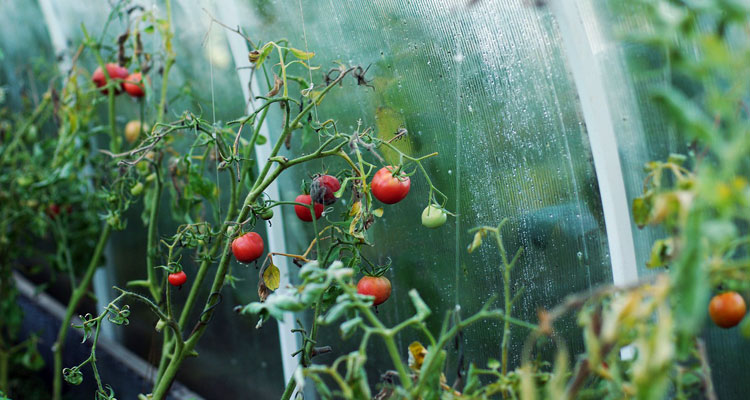
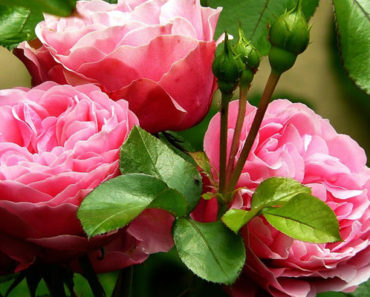
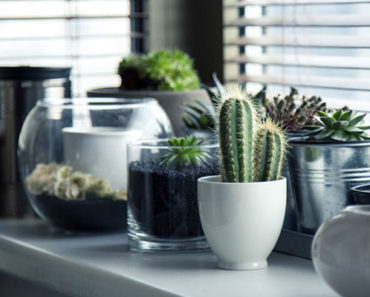


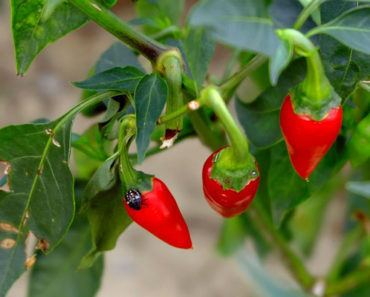
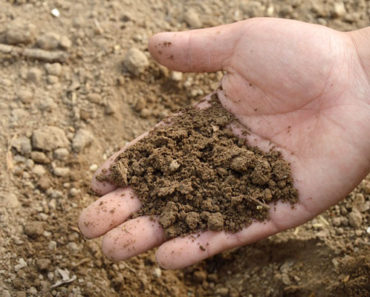
How often can I spread coffee grounds in the garden? I have quite a few rose bushes bordering our front yard and It would be good to know exactly how often to place the grounds around the base of them. Also, Can I just take a small hand rake and mix it into the ground?
Hi, despite being brown in Colour…coffee grounds are actually considered green in the compost pile, so add in a lot of BROWN material too if you’re adding grounds to compost.